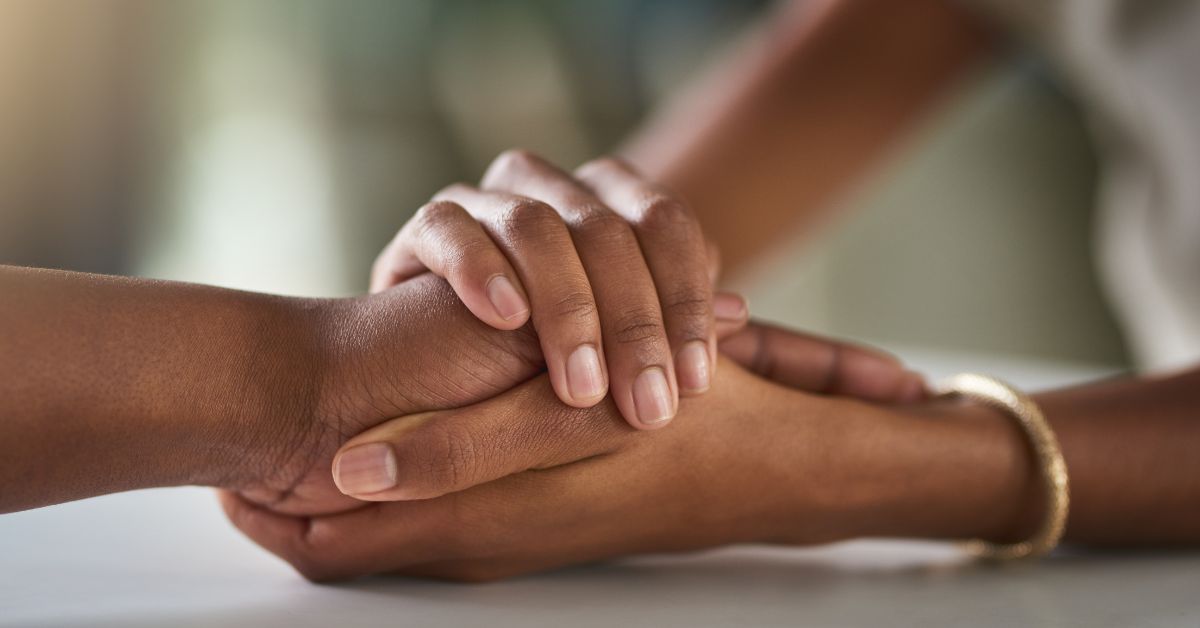By: Helping Hands TV
Hurt, pain and regret is common to us all.
Mark McCrindle, from McCrindle Research, says that Australians currently face big issues in relation to our declining health, financial strain and business struggles, but our biggest hurts come from broken relationships.
In this Helping Hands panel discussion, Mark is joined by Davyn de Bruyn, from Parramatta Mission, and Rev. Dr. Megan Powell du Toit to speak about the hurt we experience and how we all can be better equipped to help those we know who are hurting.
“Relational brokenness is the key source of pain and hurt – at least it’s the most front of mind when we reflect on life … About one-third of Australians say they feel lonely often or regularly … (for) those in their 20s, almost half of them said they experience loneliness regularly … The generation at the key point of the social years in life are also the most alienated from connecting in relationships.”
Parramatta Mission sees people from all walks of life who are doing it tough; international students struggling to meet costs, women and children fleeing domestic violence, as well as those who have lost employment. The source of their hurt, Davyn says, stems most frequently from family and relationship breakdown.
Davyn suggests that the key to helping a hurting person starts with a point of connection and understanding.
“We use a meal – hospitality – to open a door that sometimes a psychologist or psychiatrist may struggle to … then (wait) to be invited to go on the journey with people … we don’t walk ahead of them, so that they lose sight of where we are, and we don’t walk behind them and try to push them to where we want to be. We walk alongside people.”
A listening ear may be all a hurting person needs from us, Megan says, but also adds that unless we start our journey with a hurting person by listening first, our help is unlikely to be fruitful.
“One of the first lessons I learned was to shut up … you can’t really help people until you understand how they need help and what the real issue is.”
But is acting on our desire to help the most important factor in providing effective help to a hurting person?
Davyn says no. Our hearts may be in the right place, but we also are wise to consider where the hurting person is at on their journey through their hurt and pain.
“We want to try and address the issue and solve it for them, but until (a hurting person) comes to a place ultimately where they’re willing to take responsibility, and actually want to go on the journey, you’re just throwing a lot of money for a lost cause. But if you show love and patience and kindness … you’ll see people start to open up in time.”
See the HELPING HURTING PEOPLE discussion and the full catalogue of Helping Hands panels at helpinghands.tv. Catch up on full episodes of Helping Hands on 9NOW.
Article supplied with thanks to Helping Hands TV.
Feature image: Canva
About the Author: Helping Hands is an Australian produced TV program that airs on 9GEM, Channel 9 and 9NOW, and showcases people and organisations who make the world a better place.

